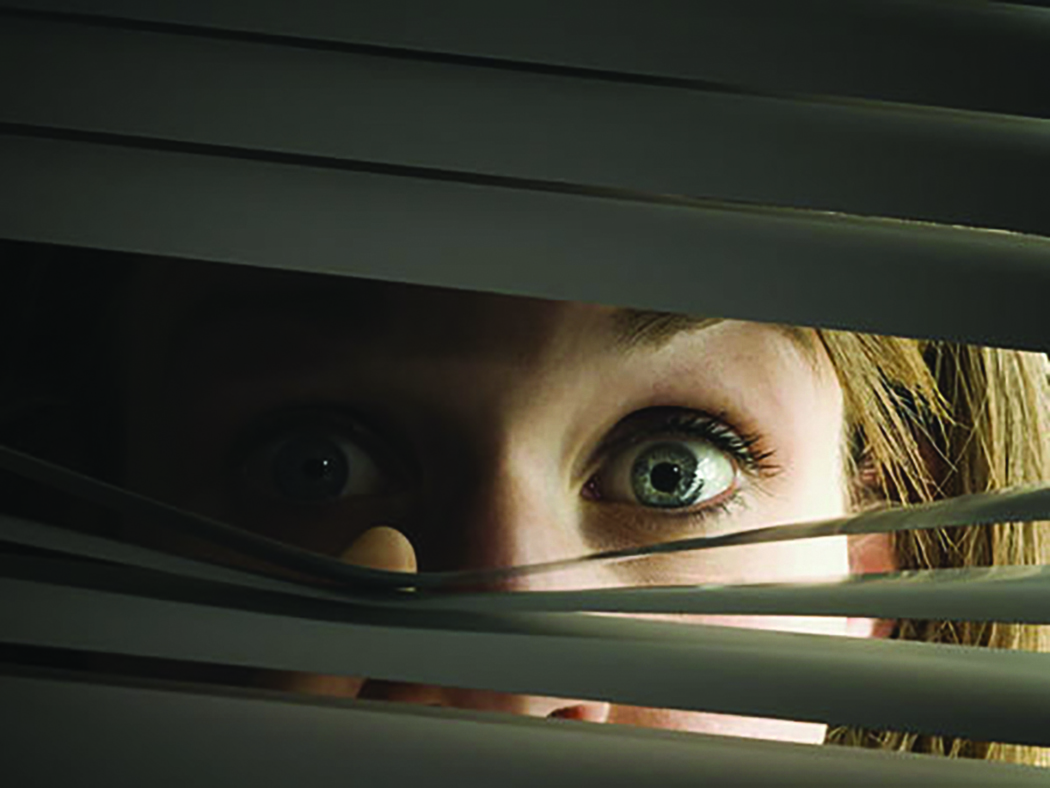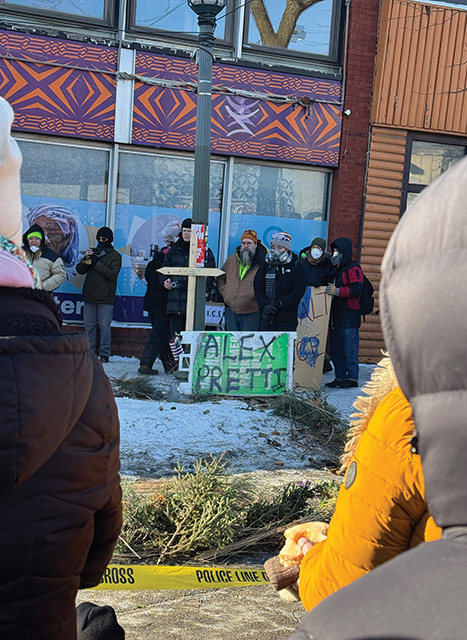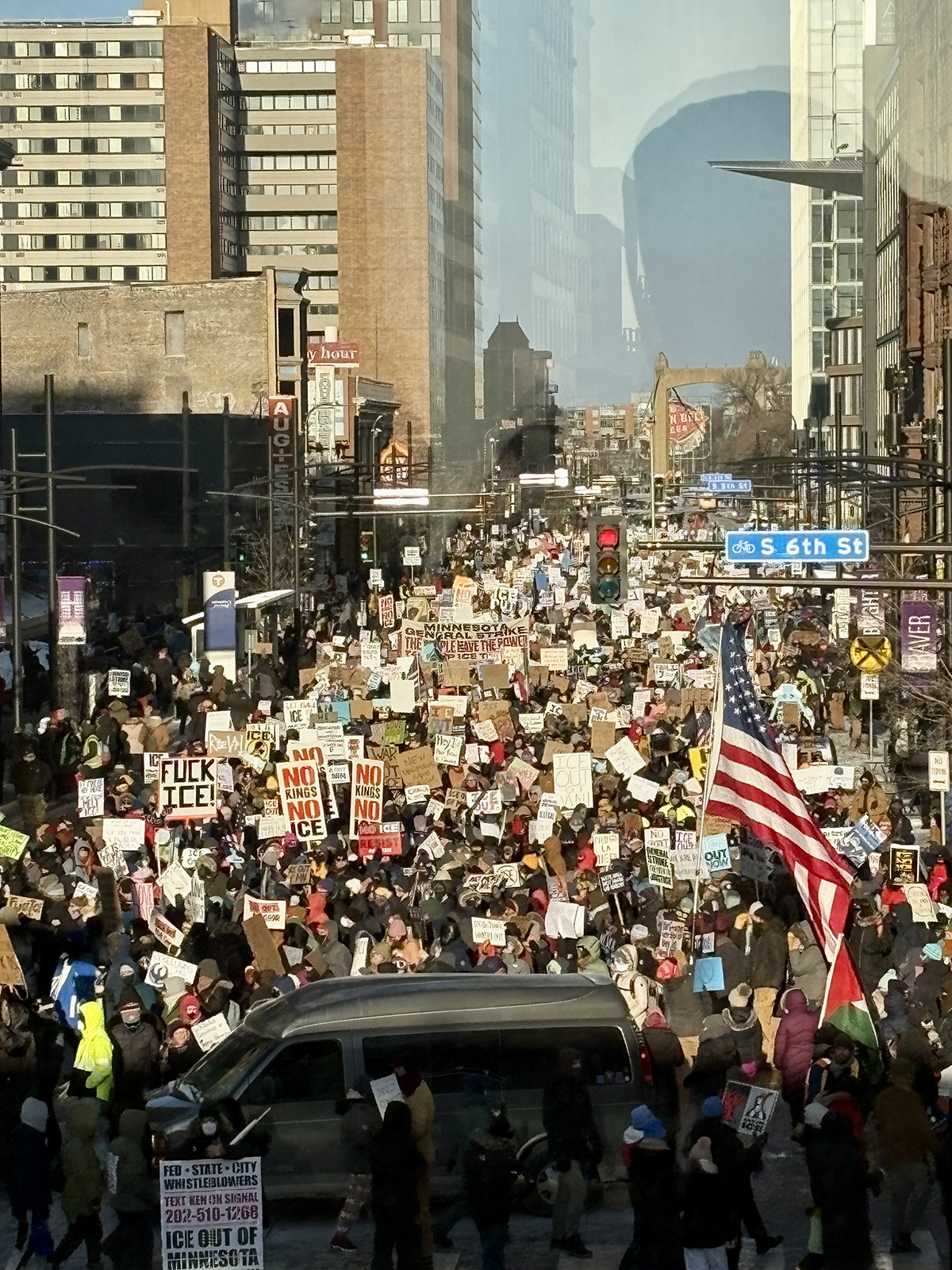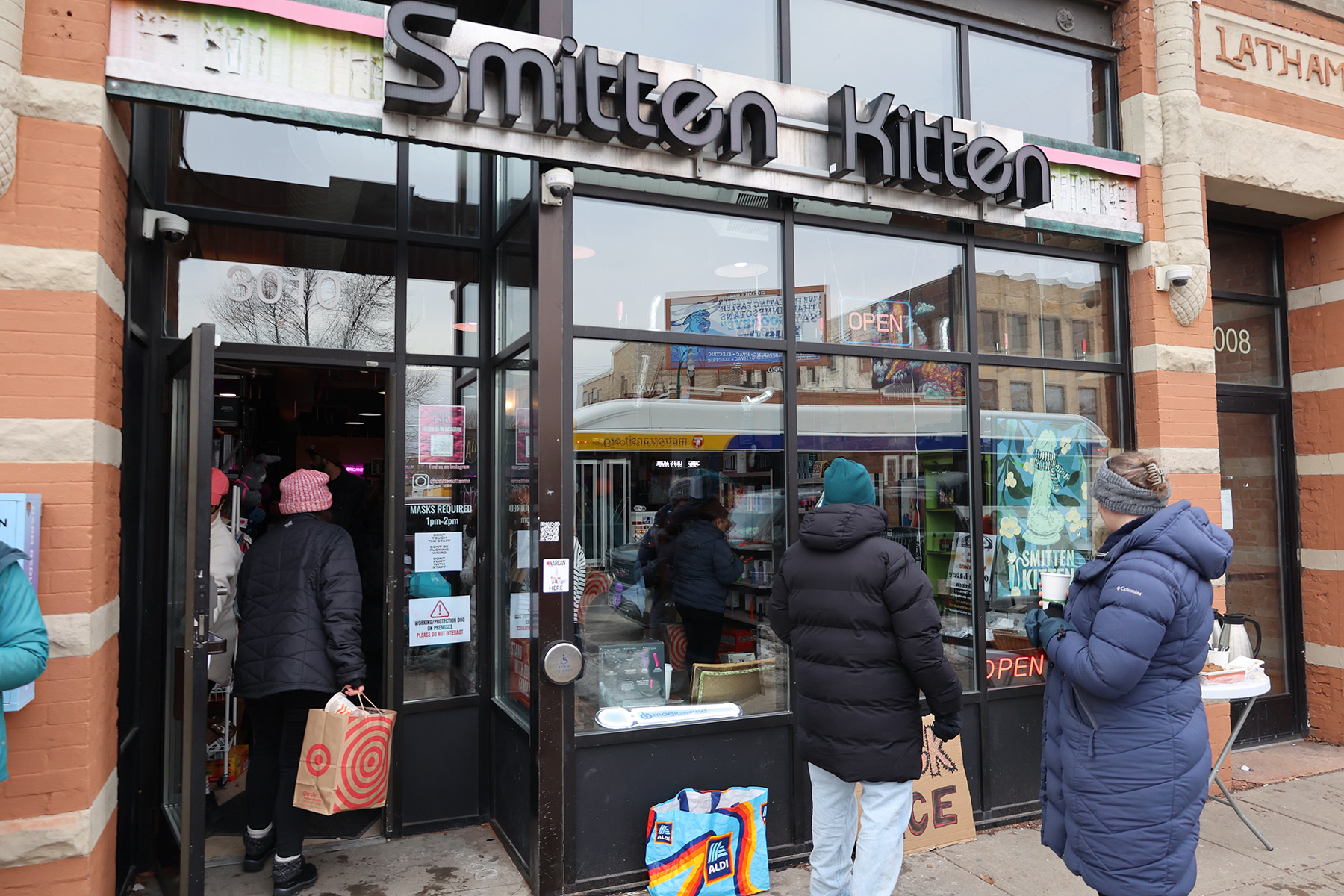Dear Neighbor,
It’s June and, like so many Munchkins, we emerge dazed into the unfamiliar familiar — the neighborhood, overjoyed in the knowledge that the wicked winter weather has departed, and we can all be out and about, bumping into one another. At least for a few months.
So, let’s talk about neighbors. Given the title of this three-plus-year-old column, I’d say it’s time.
Neighbors are important people in our lives. We didn’t choose them, and they didn’t choose us.
What we did choose is to live in a neighborhood, casting our neighbors in the de facto role of our extended safety nets; each of us has a responsibility to get along. This doesn’t mean aiming to be besties with everyone in your precinct — that would be exhausting and unreasonable.
There’s a cable TV show called “Fear Thy Neighbor” that I watch from time to time. The plot is always the same: New people move in and either they bring havoc with them or some established homeowner provides an anti-Welcome Wagon. The acrimony usually involves noise (barking dogs, revving engines, non-stop construction or rowdy parties).
Less frequently, the disputes involve property lines or general sloppiness (junk lying about, unkempt yards, trash, or acrid smells) that bring ugliness to what can be beautiful.
You don’t have to be Frederick Law Olmstead, but don’t be a Porky Pig. Each episode always circles back to a control freak whose chosen form of arbitration is murder.
I’ve had only one “bad neighbor” (many, many years ago) whose Rottweiler, Roscoe, spent untold hours outside, barking to get back in. (Apparently, his owner didn’t see Roscoe’s charm, either.)
I’ve had my share of “nonpracticing neighbors” — people who bought the house to live in, not as a springboard for comingling with anyone whose name wasn’t on the deed, and that’s okay — you do you.
Getting along with neighbors boils down to not pissing people off. If you can manage that, everything else is gravy.
Over the years, I’ve had countless great neighbor experiences, but one stands out.
Her name was Peggy, and we lived next door to each other some 40 years ago in a bungalow filled section of St. Paul’s Mac-Groveland area.
Peggy was a little older than I, single, friendly, tidy, and also had a cat. That’s about all we had in common, but it was plenty.
We had keys to each other’s houses, and when either of us traveled the other kept watch and tended to particular needs. We didn’t socialize beyond over-the-fence chit-chat: Her friends were of the hard-core granola set — I’d see them coming and going and wonder, do these people even own shoes?
Mine were of a distinctly different pack, arriving shod and bearing treats not scooped from co-op bulk bins. But these were surface differences and mattered, really, not one whit.
When my father died, I got the call early Saturday morning in late May, and did exactly and only what one needs to do in this situation: I packed a suitcase with a black dress and anything else deemed necessary, then called Peggy, telling her I’d be gone for several days and why: Would she take in my mail and feed my cat? Of course.
As I left the house to drive to my parents’ (now my mother’s) house in Northfield, I noticed that the lawn needed mowing. No time to do, much less think about, that.
A week later I returned. A few blocks from my house, coming out of the dome of deep and busy grief, I remembered my yard and what a disaster it surely was. Pulling up to the front, I saw not just a freshly cut lawn, but trimmed bushes, watered flowers in their planters: Peggy.
No casserole dropped off or flowers sent to the funeral home could have been so apt.
I began to cry, but for the first time in a week sadness didn’t provoke the tears, rather gratitude and the realization that I wasn’t alone in the world in this neighborhood, my neighborhood.
I thanked Peggy profusely in both written and spoken word, but none of it seemed to express what her gesture meant to me.
Several summers late a neighbor in my current neighborhood had a death in the family. I got along well with him and his family, but we didn’t keep company beyond our shared-alley nattering.
After a few days of their absence I noticed that their normally well-tended lawn was looking shaggy. Peggy! I knew just what to do.
May you have many Peggys in your neighborhood. And if you’re lucky enough, be one.
— Dorothy






